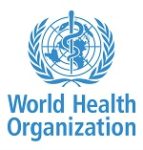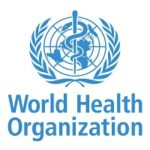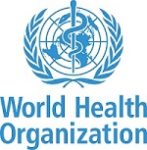Clinical Management of Patients with Covid-19: General Considerations

anytime, online. The Clinical Management of Patients with COVID-19 course series is developed for healthcare workers during the COVID-19 pandemic. The course provides crucial knowledge necessary to provide safe, effective quality patient care. The course series consists of 6 courses, which include video lectures and downloadable presentations that have been […]






